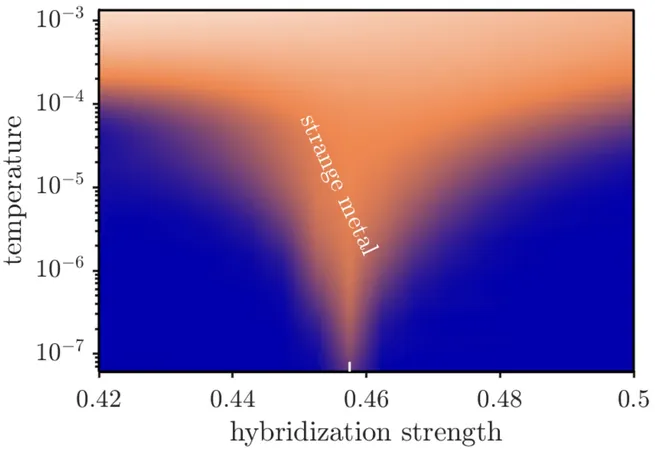
Aerobic and Resistance Training Could Slash Breast Cancer Recurrence Rates, New Study Reveals!
2025-03-29
Author: Sarah
Groundbreaking Study Findings
A groundbreaking study from Edith Cowan University (ECU) in Australia has revealed that engaging in moderate to high-intensity aerobic exercises two to three times a week, complemented by regular resistance training, can significantly lower the rates of breast cancer recurrence. The findings, published in the JNCI: Journal of the National Cancer Institute, bring fresh hope to the fight against this disease that affects millions of women worldwide.
Types of Exercises
Aerobic exercises encompass a variety of activities, including swimming, running, and climbing stairs, while resistance training includes exercises such as push-ups and bench presses. Despite advancements in treatment options for breast cancer, recurrence remains a significant concern, contributing excessively to mortality rates. Alarmingly, for more aggressive forms of breast cancer, the risk of recurrence can soar between 20% and 30%.
Reducing Inflammation
The ECU research team emphasized that the combination of aerobic and resistance training has shown promise in reducing pro-inflammatory biomarkers that arise from various cancer treatments. Francesco Bettariga, a doctoral student at ECU, highlighted the importance of addressing inflammation, stating, "The treatment for breast cancer—whether it be chemotherapy, radiation therapy, or endocrine therapy—can lead to elevated levels of inflammation in the body. This chronic inflammation has the potential to increase the risk of breast cancer recurrence, as it can facilitate the progression and development of cancer cells."
Study Methodology and Results
In this pivotal study, Bettariga and his colleagues closely examined the effects of consistent exercise in women diagnosed with non-metastatic breast cancer. The results were encouraging, revealing significant reductions in three key markers of inflammation among those participating in regular exercise.
The Biological Mechanisms
While the exact biological mechanisms driving this reduction in inflammation are still under investigation, Bettariga mentioned a popular theory: that exercising prompts the muscles to release certain chemicals capable of diminishing inflammation. Another hypothesis suggests that improved muscle mass and body composition from regular physical activity may also play a crucial role in modulating inflammatory responses.
Implications for Breast Cancer Care
The implications of this study extend beyond merely recommending physical activity; they underscore the necessity of incorporating exercise as a vital component of comprehensive breast cancer care and survivorship plans. As researchers continue to explore the links between exercise, inflammation, and cancer recurrence, the message is clear: staying active may be one of the best defenses against the relentless threat of breast cancer.
Conclusion
If you or someone you know is impacted by breast cancer, prioritizing physical fitness could make all the difference in the journey ahead!



 Brasil (PT)
Brasil (PT)
 Canada (EN)
Canada (EN)
 Chile (ES)
Chile (ES)
 Česko (CS)
Česko (CS)
 대한민국 (KO)
대한민국 (KO)
 España (ES)
España (ES)
 France (FR)
France (FR)
 Hong Kong (EN)
Hong Kong (EN)
 Italia (IT)
Italia (IT)
 日本 (JA)
日本 (JA)
 Magyarország (HU)
Magyarország (HU)
 Norge (NO)
Norge (NO)
 Polska (PL)
Polska (PL)
 Schweiz (DE)
Schweiz (DE)
 Singapore (EN)
Singapore (EN)
 Sverige (SV)
Sverige (SV)
 Suomi (FI)
Suomi (FI)
 Türkiye (TR)
Türkiye (TR)
 الإمارات العربية المتحدة (AR)
الإمارات العربية المتحدة (AR)